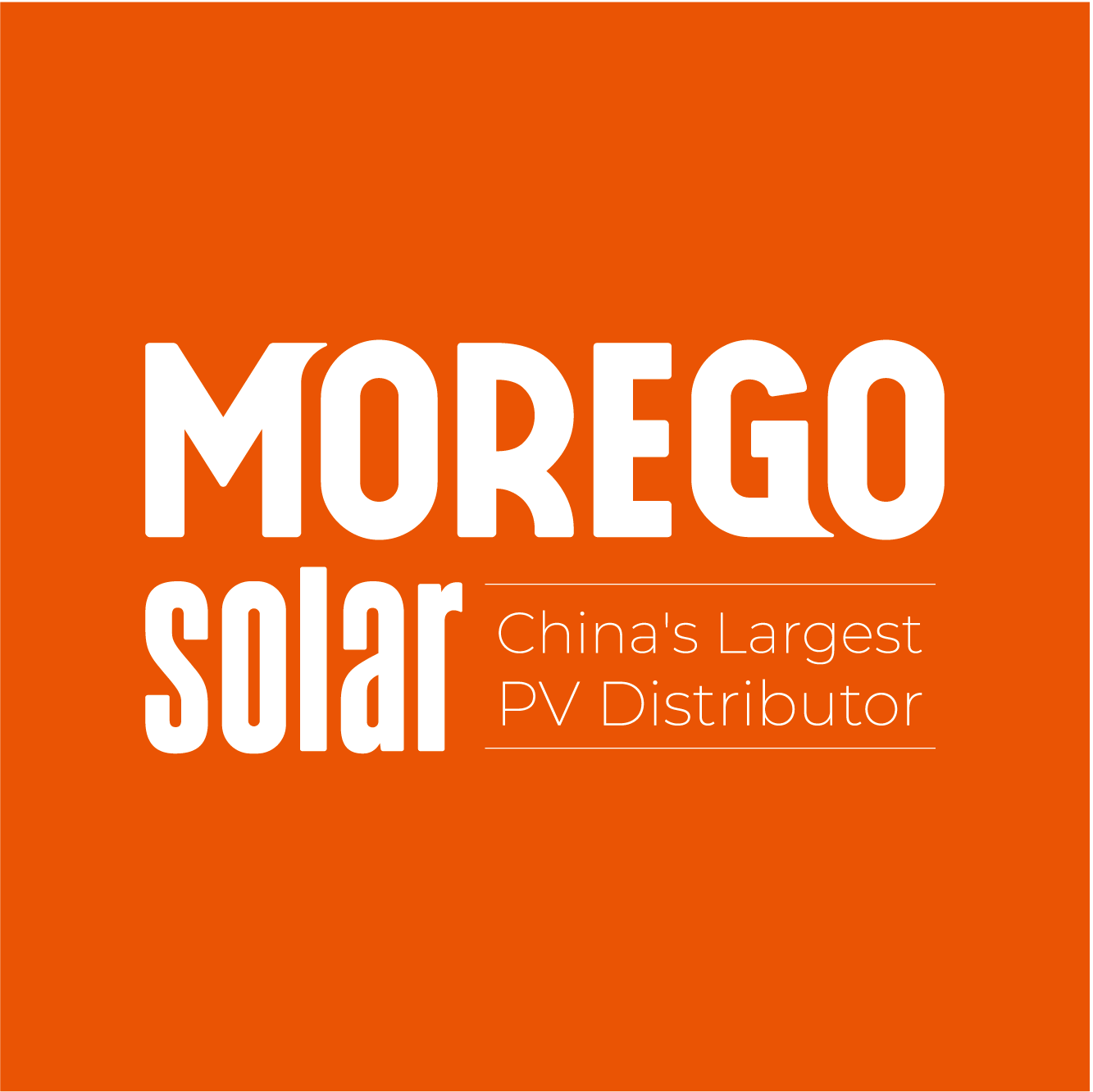Solar energy has been at the forefront of renewable energy discussions for years. From large-scale solar farms to personal, portable solar chargers, the possibilities seem endless. Specifically, small off-grid solar panels designed for off-grid solar systems offer a convenient and environmentally friendly way to charge devices on the go or even power more substantial setups like RVs and marine equipment. Whether you're hiking, camping, or living in a remote area, understanding how to effectively use these small but powerful devices can make your time away from traditional power sources much more enjoyable.
So, how do you solar charge a off-grid solar panel? The process is quite simple but requires some understanding of best practices to maximize efficiency. Essentially, you need to ensure your panel is exposed to direct sunlight, is clean from debris, connected to the device you're charging correctly, and is used within the optimal temperature range. Let’s dive into the details to make sure you're doing it right.
Positioning and Angle
One of the first things you need to consider when charging a off-grid solar panel, such as a 12-volt solar panel or the sturdy 200-watt models, is its positioning. These rigid framed, crystalline silicon panels are most efficient when facing directly into the sun. Ideally, you should position the panel at an angle where it can receive the most direct sunlight possible. The angle and direction will vary depending on the time of year and your geographic location. For optimal performance, a general rule of thumb is to adjust the panel at an angle equal to your latitude. Keep in mind that the sun’s position changes throughout the day, so repositioning the panel periodically can help maintain maximum exposure.
Keep it Clean
Cleanliness is next to efficiency when it comes to solar panels. Dust, dirt, and debris can significantly reduce the efficiency of a small solar panel. Even a small amount of dirt can block sunlight from reaching the solar cells, thereby diminishing the panel’s ability to generate power. Regularly clean the panel with a soft cloth and a little water, especially if you are using it in dusty or dirty environments like rural areas or on a marine vessel. Avoid using harsh chemicals or abrasive materials, as these can damage the panel’s surface.
Connection and Compatibility
Ensuring proper connection and compatibility with the device you want to charge is critical. An off-grid solar panel or a larger 200-watt or even 225-watt solar panel can charge a variety of devices, including a 12v battery, which is commonly used in RVs, marine setups, and off-grid solar systems. Most solar panels come with a variety of connectors and adapters to suit different devices – from USB ports for smartphones to DC connectors for other gadgets. Before setting out, check that you have the correct cables and that your devices are compatible with solar charging. Test the setup at home first to ensure there are no surprises when you’re out and about.
Optimal Conditions
Solar panels are most effective under certain conditions. Compact, framed crystalline silicon solar panels, like a 200W or 225W solar panel, perform best in direct sunlight, ideally between temperatures of 20°C to 25°C (68°F to 77°F). While they can still generate power in cooler or hotter temperatures, efficiency tends to drop. Cloudy conditions or partial shading can also affect performance. If possible, aim to charge your devices during periods of full, unobstructed sunlight. If clouds or shading are unavoidable, consider using a solar battery to store power during peak sunlight hours and use it to charge your device later.
Storage, Maintenance, and Applications
When you’re not using your solar panel, proper storage and maintenance can extend its lifespan and maintain its efficiency. Store the panel in a cool, dry place, away from direct sunlight and moisture. Foldable or off-grid solar panels should be stored in their protective cases to prevent any physical damage. Periodically check the panel and its connections for any signs of wear and tear. Replace any damaged parts to ensure the panel remains in good working order.
Off-grid solar panels are versatile and can be used in various applications, particularly in off-grid solar systems. They're particularly useful for RVs, camping, marine applications, charging 12v batteries, and even for powering devices, like a solar panel water pump, in remote areas. High-capacity panels, such as a 200W or 225W solar panel, are well-suited for more substantial energy needs but are still compact enough for easy transportation and setup.
Charging an off-grid solar panel effectively involves a combination of proper positioning, cleanliness, connection, optimal conditions, and ongoing maintenance. These steps will help you get the most out of your portable solar charger, ensuring your devices stay powered, wherever your adventures take you. Remember, solar panels are an excellent way to harness renewable energy and reduce reliance on traditional power sources.
FAQ
Can an off-grid solar panel charge a laptop?
Yes, many off-grid solar panels can charge laptops, but you need to ensure you have the right connectors and that the panel provides sufficient output power.
How long does it take to charge a phone with an off-grid solar panel?
The time varies depending on the panel’s wattage and the amount of sunlight, but on average, it can take anywhere from 2 to 6 hours to fully charge a phone.
Is it safe to leave a solar panel outside?
Yes, most off-grid framed solar panels are designed to be weather-resistant, but it's recommended to bring them in during extreme weather conditions to prolong their lifespan.
To find high-quality crystalline silicon solar panels designed for various applications, including off-grid solar systems, consider visiting Moregosolar for more information and products.

